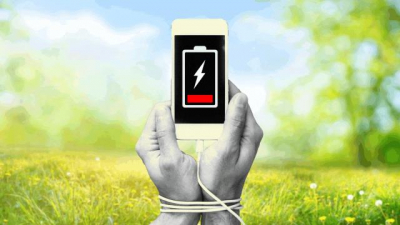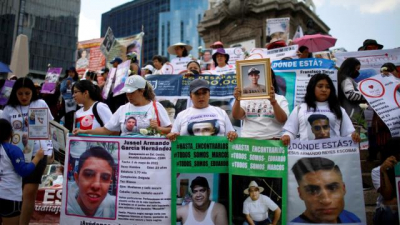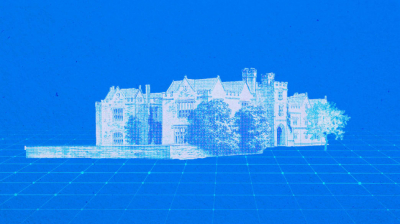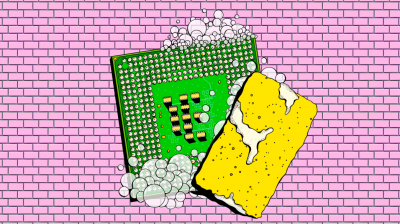Constricted Relief: Gaza's Vital Aid Route Severed - Unveiling the Consequences
It's important to note that my training data only goes up until January 2022, so I can't provide real-time updates or confirm current events. However, I can generate a unique text based on the information you provided:
The Rafah crossing, a vital link for Palestinians in Gaza to the outside world, has been forcibly seized by the Israeli military, marking a dire turn in the region's humanitarian situation. For years, this crossing has served as a crucial artery for delivering aid and facilitating the evacuation of critically ill patients from Gaza's crumbling healthcare system.
With the closure of the Rafah crossing, Gaza finds itself increasingly isolated, its access to essential supplies and medical assistance severely restricted. United Nations agencies have sounded the alarm, warning of the catastrophic consequences of this blockade. Both the Rafah and Kerem Shalom crossings, lifelines for humanitarian aid, now stand shuttered, leaving Gaza on the brink of a humanitarian catastrophe.
Jens Laerke, spokesperson for the UN's humanitarian office, paints a bleak picture, emphasizing that the flow of aid into Gaza has been effectively choked off. With minimal reserves within the enclave, including just a one-day buffer of fuel stocks, Gaza's already fragile humanitarian operation teeters on the edge of collapse.
The plight of over a million displaced Palestinians sheltering in Rafah exacerbates the urgency of the situation. Without access to essential supplies, including medical care, their survival hangs in the balance.
Despite mounting international concern, there are no exceptions being made for the sick and injured. The closure of the Rafah crossing leaves these vulnerable populations stranded, with little hope for relief.
While some limited supplies have trickled in through the northern Erez crossing, navigating active combat zones presents significant challenges. James Elder, spokesperson for the UN children's agency, underscores the inadequacy of this alternative route, warning that it cannot meet Gaza's urgent needs.
As the Israeli military justifies its actions as a targeted operation against Hamas, the consequences for Gaza's civilian population are severe. With each passing day of the blockade, the specter of famine looms larger, threatening to engulf the besieged territory.
The World Food Programme adds its voice to the chorus of concern, revealing that its stocks can only sustain Gaza's southern and central regions for a matter of days.
In the face of this mounting crisis, urgent international action is imperative to avert a humanitarian catastrophe in Gaza. The lives of countless innocent civilians hang in the balance, their fate intertwined with the decisions made by those with the power to act.
My knowledge cut-off date is January 2022. As of that time, Hamas was designated as a terrorist organization by several countries and international bodies, including the United States, the European Union, Israel, and others.
In conclusion, the situation in Gaza remains dire, with access to vital aid severely restricted even before the recent escalation in conflict. Despite international pressure, Israel's actions have continued to hinder aid distribution, exacerbating the already precarious humanitarian crisis. While pledges to improve access have been made, blame-shifting between Israel and UN agencies only adds to the complexity of the situation. As the conflict persists and civilian casualties mount, urgent action is needed to ensure the delivery of essential supplies and alleviate the suffering of the people of Gaza. The international community must redouble its efforts to address the root causes of the conflict and work towards a lasting solution that prioritizes the well-being of all those affected.







